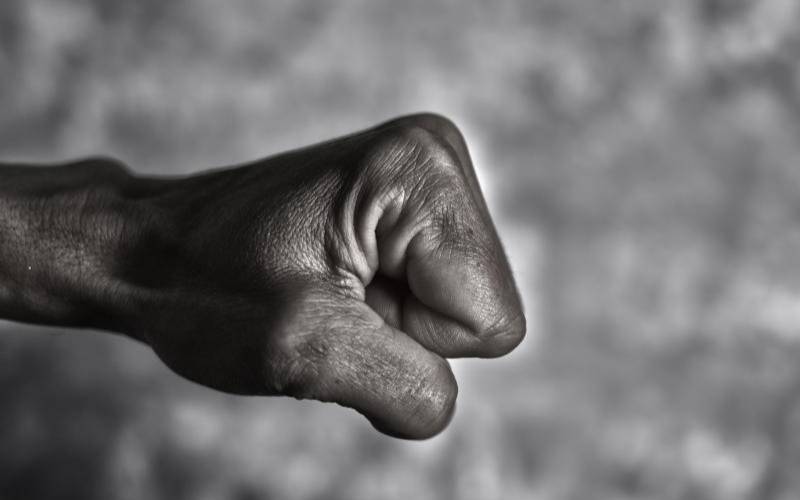
This year marks the 30th anniversary of the Global 16 Days of Activism Against Gender-Based Violence Campaign. Thirty years on, women and girls continue to face various forms of violence. Social norms rooted in cultural beliefs, attitudes, and inequalities expose women to sexual gender-based violence, female genital mutilation, and child marriage.
According to UN Women, 243 million women and girls aged 15-49 experienced sexual or physical violence by an intimate partner before the pandemic. Moreover, in times of crisis, women, and girls bear the brunt of the violence.